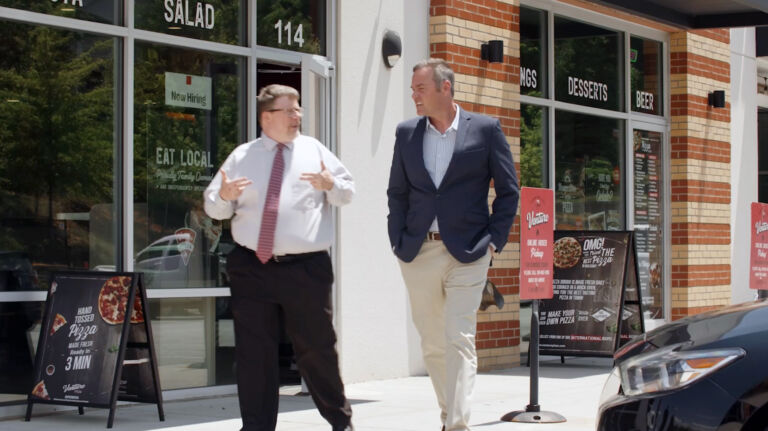The Left continues to hyperventilate over North Carolina’s proposed Parents’ Bill of Rights, SB 49. In yesterday’s Raleigh News and Observer, Sara Pequeno joined in the fray when she opined that the legislation “could torpedo school funding for mental health.”
Pequeno is concerned the legislation would give parents the right to “opt-in” to any surveys deemed “protected information.” This could include any information ranging from religion to drinking and sexual behaviors. Currently parents have to opt-out if they object to surveys.
If SB 49 is approved, parents would be notified 10 days prior to administration of the survey and given the text of what the survey says.
Telling parents what’s on controversial surveys before kids are asked the questions? That seems like commonsense to most people. That’s not how Pequeno sees it.
She believes the biggest problem with the survey is that too many parents opting out may lead to a loss of funding
Pequeno writes:
The decision directly impacts the federal Youth Risk Behavior Survey, a nationwide questionnaire designed to keep track of the actions of high school students and how those students can be better resourced – and therefore better supported. According to the Center for Disease Control, the Youth Risk Behavior Survey (YRBS) provides a model for tracking progress and making goals. In some cases, having this data gives school administrators, a tool to seek additional funding to address a persistent problem at their school.
So what data are we talking about?
According to the Center for Disease Control and Prevention website:
Youth Risk Behavior Surveillance System monitors six categories of health-related behaviors that contribute to the leading causes of death and disability among youth and adults, including—
- Behaviors that contribute to unintentional injuries and violence
- Sexual behaviors related to unintended pregnancy and sexually transmitted diseases, including HIV infection
- Alcohol and other drug use
- Tobacco use
- Unhealthy dietary behaviors
- Inadequate physical activity
YRBSS also measures the prevalence of obesity and asthma and other health-related behaviors plus sexual identity and sex of sexual contacts.
Got that? We’re not talking about diseases. We’re talking about behaviors that contribute to the leading causes of death and disability among youth and adults.
So the CDC is administering the Youth Risk Behavior Survey via a system called Youth Risk Behavior Surveillance System. If those phrases don’t make you uncomfortable, you are in the minority.
Want more evidence? Find the Middle School Youth Risk Behavior Survey here and the High School survey here.
Pequeno and school administrators want to keep the data because it helps give them another tool to seek additional funding to address problems. Isn’t it time, however, to evaluate what we’ve done? Have the comprehensive sex education programs worked? Has putting more social workers and mental health workers in our schools had the desired outcomes? Schools are struggling to teach kids basics like reading and math. Why do we think additional funding and staff are the key to resolving these much more complex issues?
It should come as no surprise that only 49 of 115 school districts administer the Youth Risk Behavior Survey (YRBS). Parents have problems with the questions, and many believe – with good reason – the federal government doesn’t have a right to be asking such questions.
Pequeno talks about how the legislation could lead to a loss of accurate data. That implies that YRBS data used today is accurate. Let’s remember YRBS data is self-reported and compiled to create a national sample. It is not possible to determine the extent of underreporting or overreporting of behaviors. Local parental permission procedures are not consistent across school survey sites, which is likely to affect the prevalence of some behaviors. All these factors already influence the results and the reliability of results.
Pequeno fears parental opt-outs would lead to a loss of funding. What if parents find YBRS invasive and objectionable? What if parents don’t like the outcomes of such programs? What if parents are dissatisfied with how schools have handled controversial topics? What if parents believe schools don’t have a right to such sensitive information like religion, sexual behaviors, or alcohol consumption?
That Pequeno is willing to ignore those questions and steam roll the rights of parents to guide the moral, emotional, and social development of their children for more funding not only places her in a small minority but also tells you all you need to know about the priorities of those who favor SB 49 and those who oppose it.


